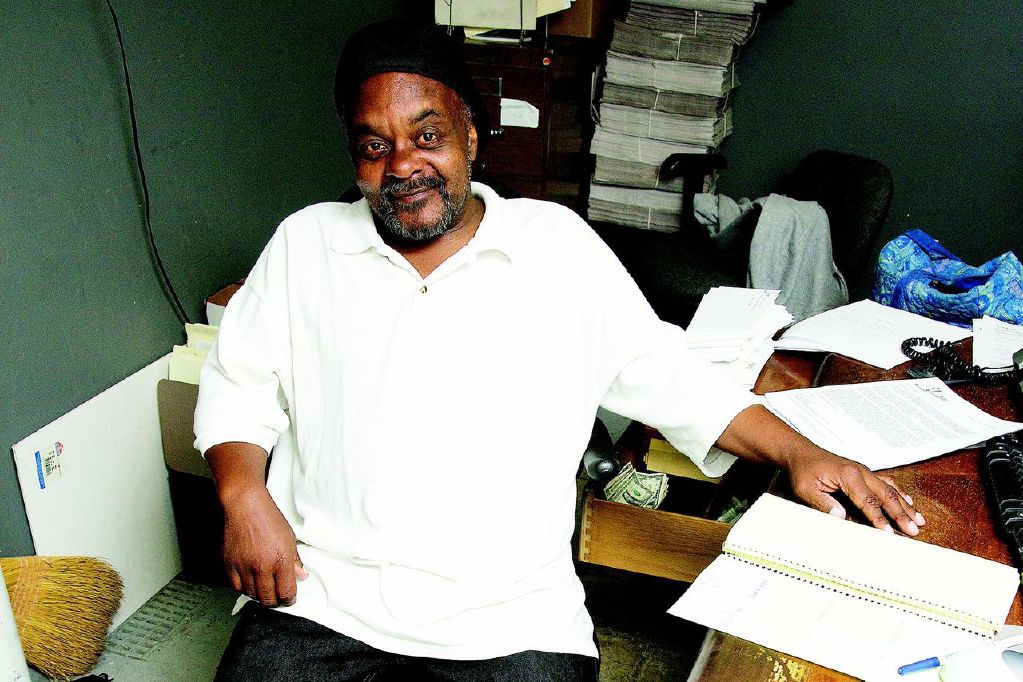When last we spoke, I talked about the closing of two transitional programs in Boston. The reason HUD is cutting funding for all transitional programs is they would rather put that money into Housing First and the latest Band-Aid solution—rapid rehousing.
According to HUD, “the Rapid Rehousing program will provide services to individuals and families from becoming homeless and help those who are experiencing homelessness to be quickly rehoused and stabilized.”
Sounds good, huh? Now, listen carefully; what happens is this: If you become homeless, you move into a emergency shelter, you get a case manager and they hook you up with the rapid rehousing program. Then you get a few thousand dollars. (I’ve heard it’s anywhere from $3,500 to $6,000.)
Then you find a place and you’re on your way. Problem solved? Not really. Rapid rehousing, unlike Housing First, is only a temporary fix. Once that money’s gone, that’s it. And it will go fast: today’s apartment prices are a little steep, especially in Boston. A good apartment is, what, $800 a month, and I’m just talking one bedroom or even a decent studio these days. Sure, a single person could move into a rooming house, but most are still over $400 per month.
I haven’t even got to families, but you get my point: six grand isn’t going to last long, and without some type of subsidy or a job with a livable wage, you may be, or, more likely, would be homeless again in a year or less.
So much for the Band-Aid.
Now everyone from Ben Carson to Boston Mayor Martin J. Walsh will tell you they have a plan to support people long term, and they sure do for people in the Housing First program. But from everything I’ve read and seen, no long term support services are available for rapid rehousing folks when the money runs out. No subsidy. Nothing that would help someone or a family of four when the well runs dry. Remember folks, along with that new housing come bills, so you’re kind of back to square one. And no, I don’t know if you do go back to square one if you get a do over. I doubt it.
This is where transitional housing comes in. These programs, once abundant, are a blessing in disguise. Why? When you’re coming off the street, whether you’ve been there for a few months or a few years, you need time to heal, mentally and physically. Taking care of you health is probably a person’s first concern when getting off the streets. Then, if you have debt or need to seal your CORI, get a job or training, being in transitional housing gives you the opportunity to follow through without having to worry about whether you’re going to be homeless again in six months. Two years to get yourself together: does it work? As a product of a transitional program, my answer is—yes!
Why defund something that works in order to try something else because it supposedly works faster? I ask every politician and advocate who backs this to ask themselves that. Am I saying you should kill the Rapid Rehousing program? No.
But here’s a plan. Why not have people go through transitional housing and then rapid rehousing? That way, people would be able to take their lives back from the streets.
It’s common sense to me.

Leave a Reply
You must be logged in to post a comment.